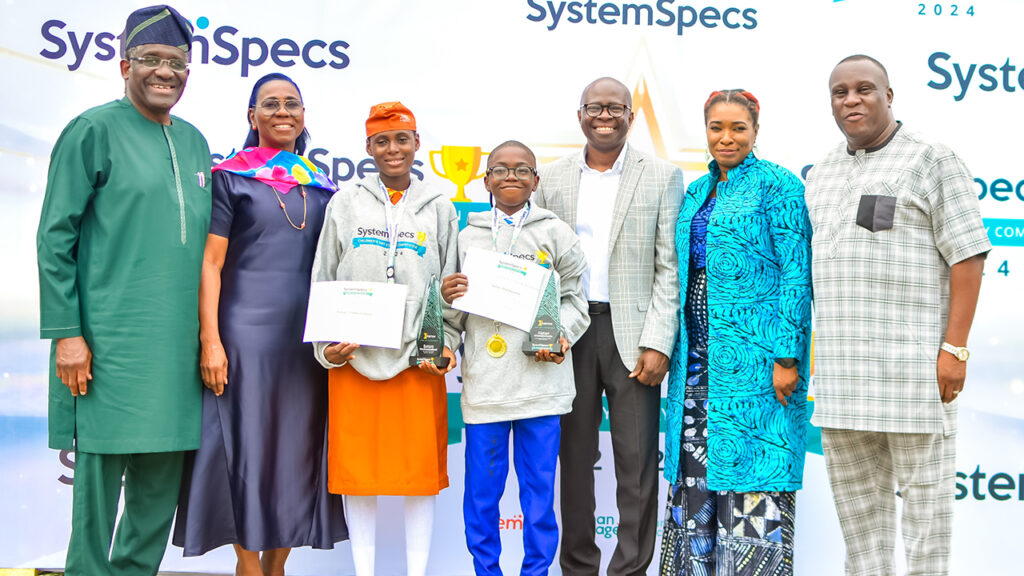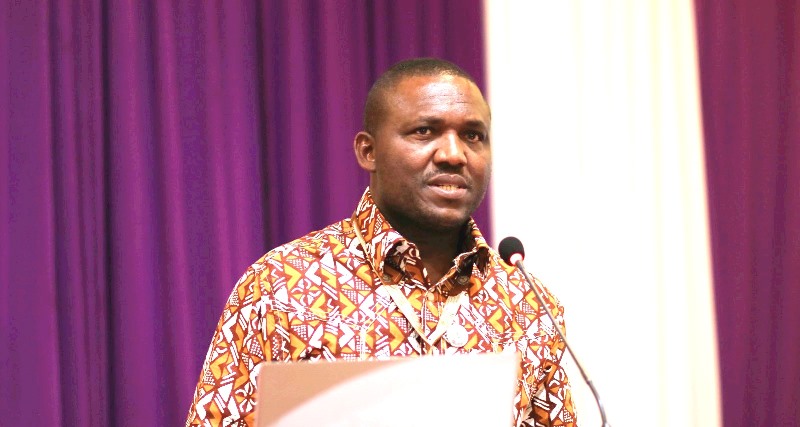
With Generation (Gen) Z set to make up 30 per cent of the workforce by 2025, the need for employers to understand what makes them tick and how to get the best from them has been emphasised.
A Human Resource (HR) expert and Head of thought leadership, Bright Horizons Work+Family Solutions, Jennifer Liston-Smith, who highlighted some of the challenges of managing Gen Z in the workplace, said by 2025, 30 per cent of the workforce would be comprised of Generation Z, or people born between 1997 and 2012.
While often criticised for being digital natives or having radical social values, she said their progressive nature makes them assets to any company that values innovation.
According to her, information is highly available to them and they often use their devices to learn new skills and research topics of interest.
While Gen Zs are often mocked for reliance on mobile devices or affinity for social media, she stressed that the perspective that they are ‘less than’ because of their habits or differences was problematic.
She said the older generations were never critiqued to the same degree for taking advantage of the resources available to them.
Emphasising how diverse, inclusive and progressive Gen Z is, the HR expert, said they are more progressive, inclusive values and political leanings than many of their parents and grandparents, even as the individuals are often passionate about social and environmental justice.
As a result, she maintained that Gen Zs tend to be purpose-driven, both in their personal and professional lives.
Liston-Smith, said Gen Z employees tend to value diversity, equity and inclusivity more than employees from prior generations.
According to her, they seek out workplaces that value individual contribution and expression, have diversity in leadership and emphasise the importance of employee resource groups.
“Many are also drawn to companies that care about climate change and monitor their carbon footprints, aligning with their vision of a brighter future and better world.
“Born advocates and activists, these free-thinkers are strong, opinionated and unafraid to fight for what’s right. They deeply value authentic communication, transparent dialogue and being able to function independently, especially in professional settings,” she said.
On being pragmatic and focused on finances, she said the Gen Z workforce values different elements of their careers than many employees from older generations.
She said the young employees have specific needs at work due to the differences in the world they were raised in.
To attract and retain Gen Z employees, Liston-Smith, said employers needed to foster a workplace culture aligned with their values and catered to their strengths.
These she mentioned, include top-of-the-line technology; learning and development opportunities; a strong employer brand and mental health support.
“Gen Zers don’t like to waste time fumbling with archaic tools or workflows and often seek out professional settings where they have access to the newest devices and programs. They also value the automation of menial tasks and often leverage technology to help them work more efficiently and accurately.
“Gen Zers deeply value learning new skills and progressing in their careers. 76 per cent of Gen Z respondents reported that they’re looking for professional training and development opportunities. Nearly one in five workers say they are more likely to stay with an employer that offers reskilling and education as part of their professional development.
“Members of Generation Z are more concerned with an employer’s brand presence than previous generations. As job seekers, these young people are more likely to assess a company’s social media presence and impact, as well as their values and organisational culture.
“Most of the Gen Zers surveyed reported not feeling like they had adequate mental health support in the workplace.
Less than half of the employees surveyed agreed that their boss helps them maintain a healthy workload, while 28 per cent reported that they struggle with their mental health, both in and outside the workplace. Offering mental health services to employees through an insurance plan can be a great way to make these individuals feel cared for,” she said.
On their alignment with lifestyle and values, she added, “While Gen Zs value job security, they also believe that their career development and success is within their control and dependent on their actions. While they value professional and financial stability, they’re also unafraid of entrepreneurship and taking risks.
“Common challenges of managing Gen Z employees
Just as Gen Z employees bring unique strengths, they also bring their own set of challenges. Understanding these can help managers tailor their leadership styles to better manage young employees.”













